Question And Answer
Publications
Articles, publications, books, tools and multimedia features from the U.S. Institute of Peace provide the latest news, analysis, research findings, practitioner guides and reports, all related to the conflict zones and issues that are at the center of the Institute’s work to prevent and reduce violent conflict.
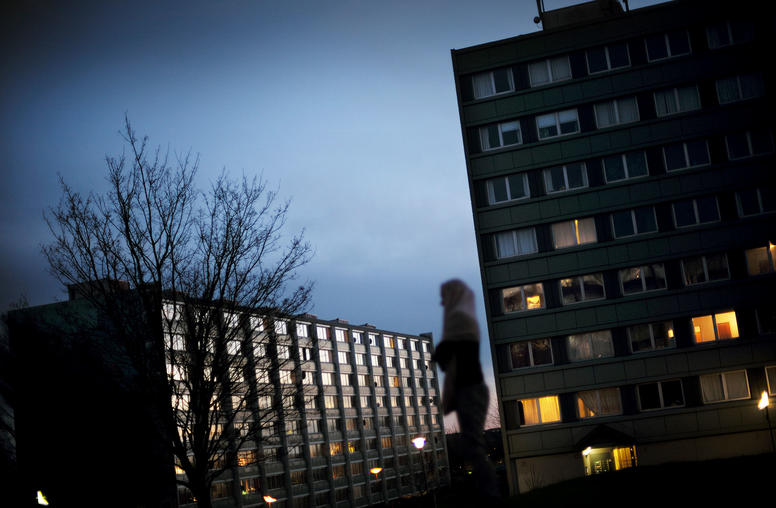
Violent Extremist Disengagement and Reconciliation: A Peacebuilding Approach
Existing efforts to disengage people from violent extremism are derived from security imperatives rather than from a peacebuilding ethos. This report—one of a series to be published by USIP’s program on violent extremism—presents a framework through which peacebuilders can foster disengagement from violent extremism and reconciliation between those disengaging and affected communities by examining the individual, social, and structural dynamics involved.
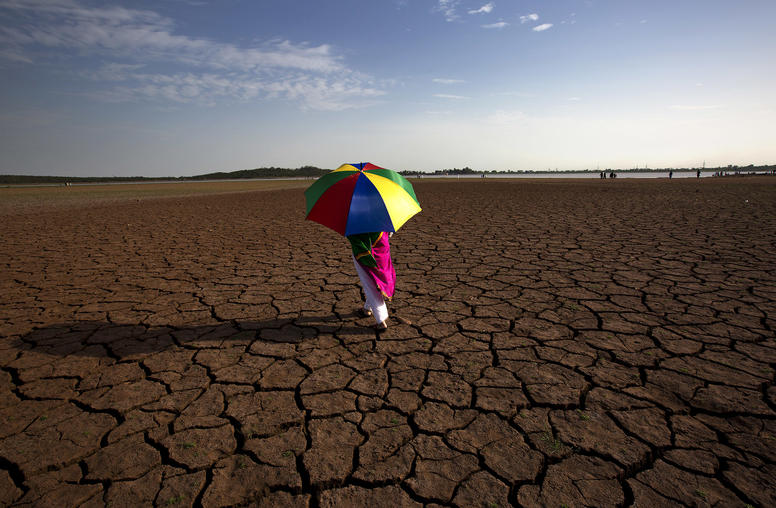
Water Conflict Pathways and Peacebuilding Strategies
No modern states have ever declared war over water. In fact, nations dependent on shared water sources have collaborated far more frequently than they have clashed. Nevertheless, global surveys have counted over forty hostile, militarized international actions over water—from riots to border skirmishes to larger battles—in the first six decades after World War II. This report reviews the pathways that link water resource pressures to conflict risks and describes how peacebuilding strategies such as water diplomacy can help mitigate these risks.
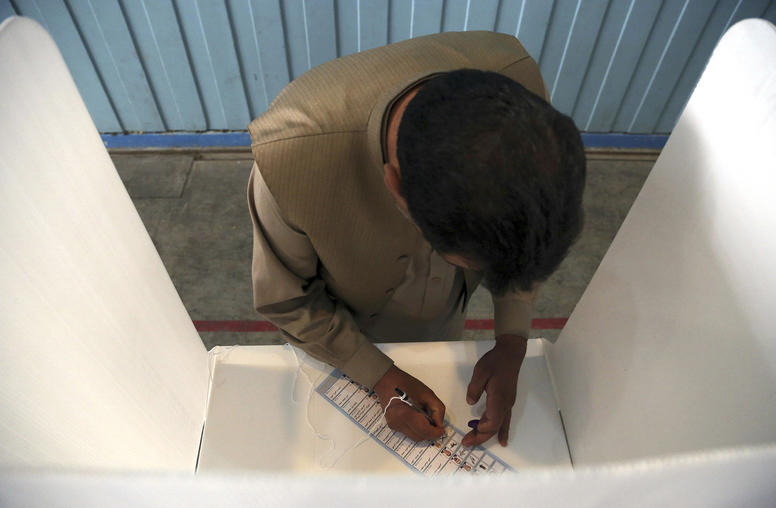
Assessing Afghanistan’s 2019 Presidential Election
Afghanistan’s current electoral system structures Afghan political dynamics, shapes election-day outcomes, and influences competition between organized interest groups in Afghanistan. Drawing on a unique set of results data from the September 2019 presidential election and past elections, this report analyzes where and how prospective Afghan voters were able to participate in the 2019 polls, the decision making behind and adjudication of disputes over which votes would be counted as valid, and how the available results compare with political trends evident in prior elections.
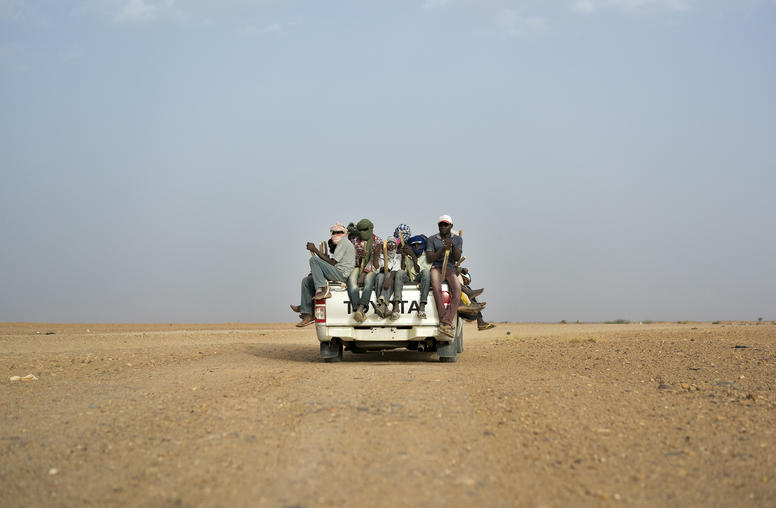
Illicit Drug Trafficking and Use in Libya: Highs and Lows
This report explores how illicit drug trafficking and drug use in Libya has shaped and been shaped by the country’s ongoing conflict. Drawing on hundreds of interviews and dedicated research, it examines Libya’s pre-2011 illicit economy, delves into the social impact of drugs, and focuses on drug use on the frontlines of Libya’s ongoing conflict, the corrosive impact of drug trafficking and use on the justice and security sector, and how trafficking and organized crime undercut peacebuilding and state consolidation.
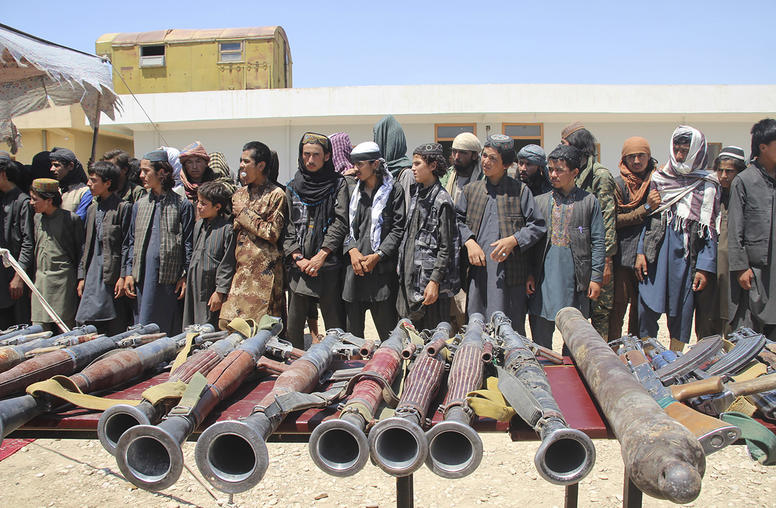
Bourgeois Jihad: Why Young, Middle-Class Afghans Join the Islamic State
Ever since the Islamic State in Khorasan Province emerged in Afghanistan in 2015, policymakers and security forces have regarded it as an “imported” group that can be defeated militarily. This approach, however, fails to take into account the long-standing and complex historical and sociological factors that make the group’s ideology appealing to young, urban Afghan men and women. Based on interviews with current and former members of ISKP, this report documents the push and pull factors prompting a steady stream of young Afghans to join and support ISKP.
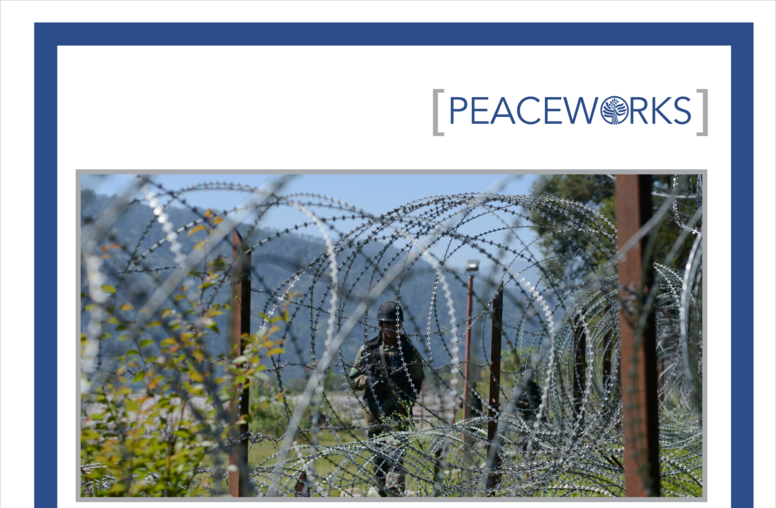
Ceasefire Violations in Jammu and Kashmir: A Line on Fire
Ceasefire violations on the border between Pakistan and India and across the Line of Control in the Jammu and Kashmir region are both a product of broader bilateral tensions and a contributor to them. Drawn on field research and extensive interviews with both Indian and Pakistani officials and senior military figures, this report argues that ceasefire violations are generally not planned, directed, or cleared by higher military commands or political establishments, but are driven by the dynamics on the frontlines. The report explains these factors in context, offering recommendations on what could be done to better manage or even avoid both tensions and escalation of conflict.
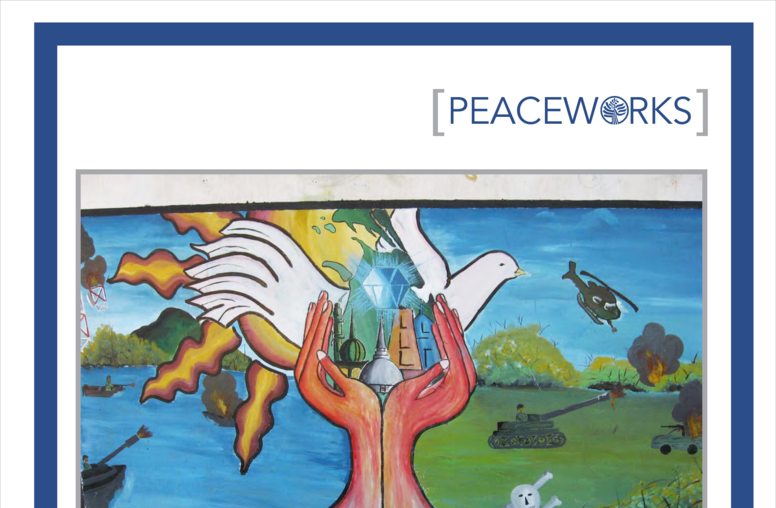
Does Reconciliation Prevent Future Atrocities?
What are atrocity crimes, why and when do they arise, and how can peacebuilding practice help to prevent them? This report delves into the conceptual foundations of reconciliation and atrocity prevention in the context of Sri Lanka’s history of conflict and ongoing reconciliation process, analyzing institutional-level reconciliation efforts and drawing from a randomized field experiment in an interpersonal reconciliation program. It suggests that by understanding the conditions under which reconciliation is most effective, peacebuilding practice will be better placed to achieve its goals after violent conflict.
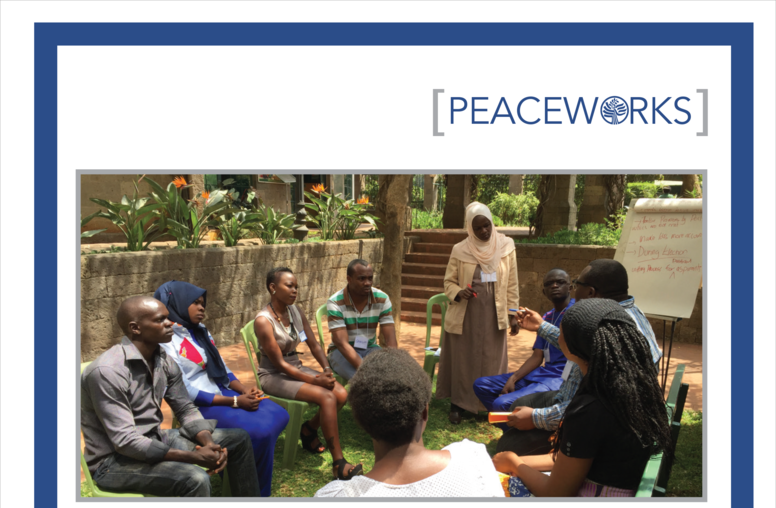
Participatory Action Research for Advancing Youth-Led Peacebuilding in Kenya
One-third of today’s generation of youth—those ages ten to twenty-four—live in fragile or conflicted countries and are susceptible to the sway of ideological narratives of violent extremism. Evidence suggests, however, that they also play active and valuable roles as agents of positive and constructive change.
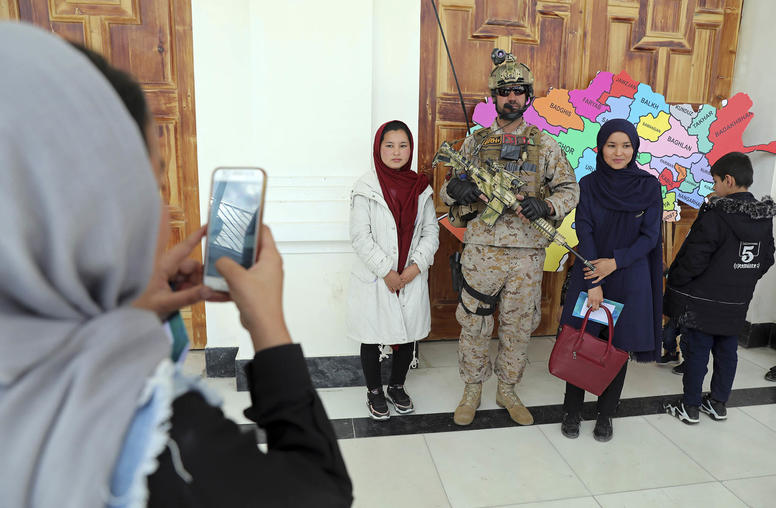
“No Going Backward”: Afghanistan’s Post–Peace Accord Security Sector
Failure to plan realistically for needed changes in Afghanistan’s security sector following a peace settlement—and failure to start phasing in changes now—will lead to post-settlement instability. This report examines the particular challenges Afghanistan will face, with examples from the climate following peace settlements in other parts of the world offering insight into what may occur and possibilities for response.
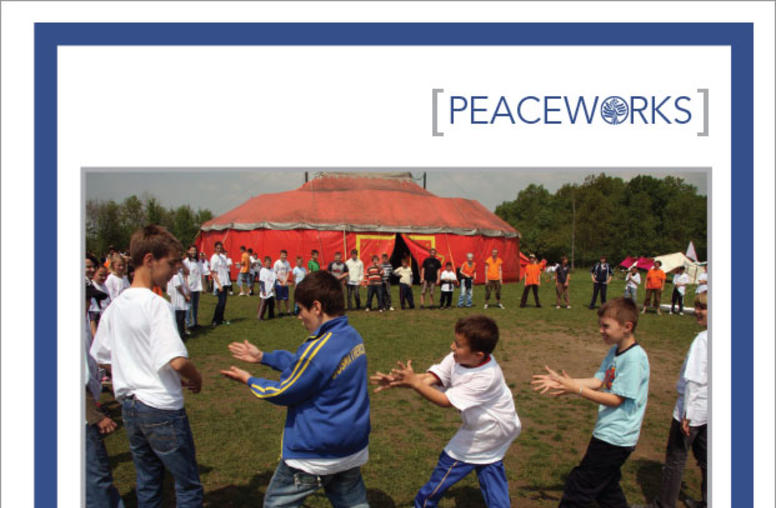
Reconciliation in Practice
Reconciliation projects face two critical challenges: the situation on the ground in postconflict settings and the gap between reconciliation theory and practice. If the society is to transition successfully to a new path forward, the critical knowledge gap must first be closed. The first step is assessing work recently completed or now in progress. How do organizations even define reconciliation? What activities are being undertaken to that end? What theories underpin intervention strategies...